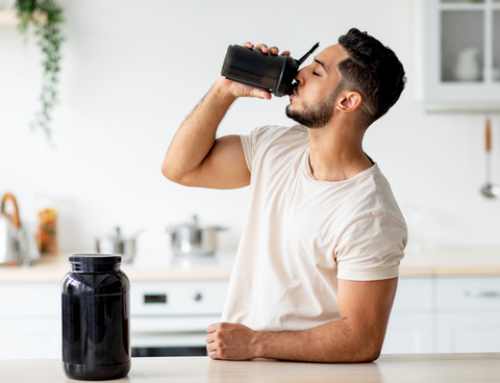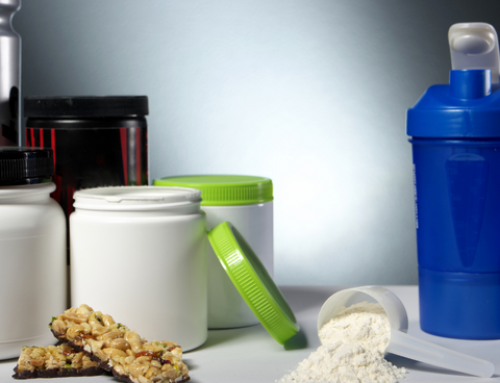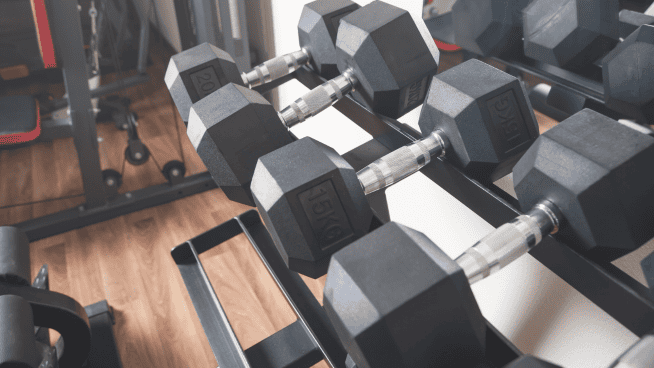Study Shows Correlation Between Vitamins, Iron and Teen Fitness

A recent study conducted at the University of Zaragoza, in Spain, examined the correlation between levels of vitamins and iron in the bloodstreams of young adults and their ability to perform physical fitness tests. Led by Luis Gracia-Marco, the study is one of the first to determine a relationship between blood levels of micronutrients and physical performance in adolescents.
The study sampled 1,000 young adults between the ages of 12 and 17. Participants received blood tests to determine the levels of micronutrients present in their bloodstreams. They were then asked to perform two physical fitness tests—standing long jump and 20-meter shuttle run. Based on the blood analysis and physical performance of each participant, researchers determined there was in fact a correlation between micronutrients and physical performance.
Certain micronutrients in the bloodstream were directly correlated to an increase or decrease in physical fitness performance. The specific micronutrients that influenced physical fitness depended on gender and which tests were performed. The 20-meter shuttle run results indicated that women perform better when they have higher levels of vitamin D and beta-carotene; the men perform better with higher levels of vitamin C, hemoglobin, and retinol. Similarly, the standing long jump results indicated that women perform better with higher levels of vitamin D and beta-carotene, while men perform better with hemoglobin, retinol, alpha-tocopherol, and beta-carotene.
The aforementioned micronutrients were most effective in relation to physical performance. But although the study shows there’s a correlation between vitamins and iron and fitness in teens, the small sample size suggests that further research is necessary to verify the study’s findings.
Read the full report.
RECOMMENDED FOR YOU
MOST POPULAR
Study Shows Correlation Between Vitamins, Iron and Teen Fitness
A recent study conducted at the University of Zaragoza, in Spain, examined the correlation between levels of vitamins and iron in the bloodstreams of young adults and their ability to perform physical fitness tests. Led by Luis Gracia-Marco, the study is one of the first to determine a relationship between blood levels of micronutrients and physical performance in adolescents.
The study sampled 1,000 young adults between the ages of 12 and 17. Participants received blood tests to determine the levels of micronutrients present in their bloodstreams. They were then asked to perform two physical fitness tests—standing long jump and 20-meter shuttle run. Based on the blood analysis and physical performance of each participant, researchers determined there was in fact a correlation between micronutrients and physical performance.
Certain micronutrients in the bloodstream were directly correlated to an increase or decrease in physical fitness performance. The specific micronutrients that influenced physical fitness depended on gender and which tests were performed. The 20-meter shuttle run results indicated that women perform better when they have higher levels of vitamin D and beta-carotene; the men perform better with higher levels of vitamin C, hemoglobin, and retinol. Similarly, the standing long jump results indicated that women perform better with higher levels of vitamin D and beta-carotene, while men perform better with hemoglobin, retinol, alpha-tocopherol, and beta-carotene.
The aforementioned micronutrients were most effective in relation to physical performance. But although the study shows there’s a correlation between vitamins and iron and fitness in teens, the small sample size suggests that further research is necessary to verify the study’s findings.
Read the full report.











